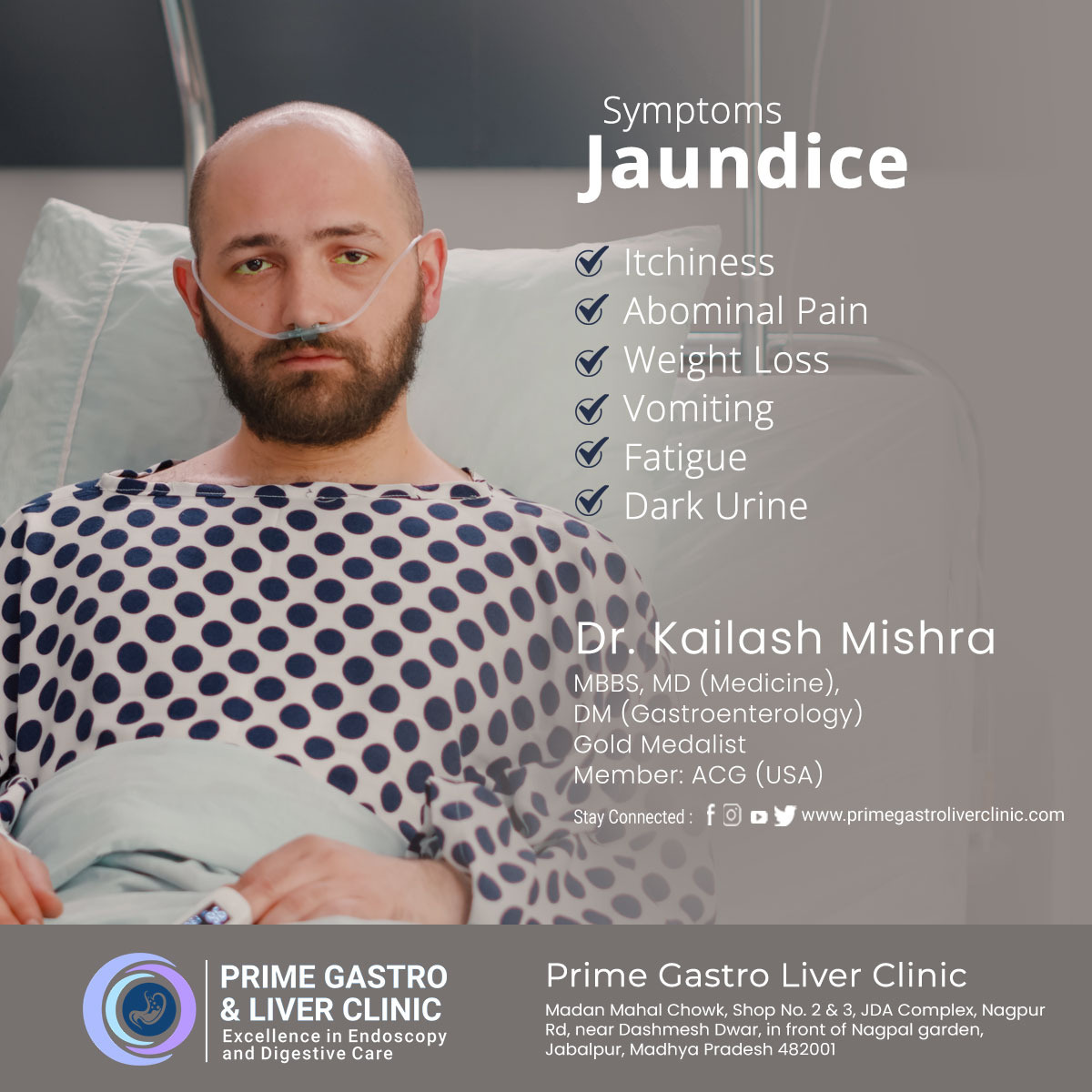Meningokokki: Understanding The Causes, Symptoms, And Prevention Of Meningococcal Disease
Meningokokki: Understanding The Causes, Symptoms, And Prevention Of Meningococcal Disease. Meningococcal disease is a serious bacterial infection that can cause meningitis and septicemia. Meningitis is an inflammation of the membranes that line the brain and spinal cord, while septicemia is a bloodstream infection.
Editor's Notes: "Meningokokki: Understanding The Causes, Symptoms, And Prevention Of Meningococcal Disease" has published today date because Meningococcal disease is a leading cause of death in children and young adults. It is important to be aware of the symptoms of meningococcal disease and to know how to prevent it.
We have analyzed, dug information, made Meningokokki: Understanding The Causes, Symptoms, And Prevention Of Meningococcal Disease we put together this Meningokokki: Understanding The Causes, Symptoms, And Prevention Of Meningococcal Disease guide to help target audience make the right decision.
FAQ
This FAQ section aims to clarify common questions and misconceptions surrounding meningococcal disease, providing scientifically accurate information to enhance understanding and promote informed decision-making regarding prevention and management.

Understanding Cardiovascular Diseases: Causes, Symptoms, Prevention - Source medium.com
Question 1: What causes meningococcal disease?
Meningococcal disease is caused by the bacterium Neisseria meningitidis, commonly referred to as meningococcus. This bacterium is spread through close contact with respiratory or oral secretions from infected individuals.
Question 2: What are the common symptoms of meningococcal disease?
Symptoms of meningococcal disease can vary depending on the specific type of infection. Common symptoms include fever, headache, stiff neck, nausea, vomiting, sensitivity to light, and rash. In severe cases, it can lead to sepsis or meningitis.
Question 3: How is meningococcal disease diagnosed?
Diagnosis of meningococcal disease typically involves physical examination, medical history review, and laboratory tests. Tests may include blood culture, spinal tap, or polymerase chain reaction (PCR) analysis of respiratory or cerebrospinal fluid samples.
Question 4: What are the treatment options for meningococcal disease?
Treatment for meningococcal disease typically involves antibiotics administered intravenously. In severe cases, additional supportive care may be necessary, such as mechanical ventilation or fluid resuscitation.
Question 5: How can meningococcal disease be prevented?
Vaccination is the most effective way to prevent meningococcal disease. Several types of vaccines are available, targeting different strains of meningococcus. Other preventive measures include practicing good hygiene, avoiding close contact with infected individuals, and seeking prompt medical attention if symptoms develop.
Question 6: What are the long-term complications of meningococcal disease?
Meningococcal disease can have serious long-term complications if not treated promptly. These complications may include hearing loss, vision problems, cognitive impairments, and limb amputations. In severe cases, it can be fatal.
Understanding the causes, symptoms, and prevention of meningococcal disease is crucial for individuals and healthcare providers alike. By staying informed and adhering to preventive measures, communities can significantly reduce the incidence and impact of this potentially devastating illness.
For more comprehensive information on meningococcal disease, consult reputable medical sources and healthcare professionals.
Tips
Meningococcal disease is a serious bacterial infection that can be life-threatening. Understanding the causes, symptoms, and prevention of meningococcal disease is essential for protecting yourself and others. Here are some tips to help you stay informed and protected:
Tip 1: Learn about the causes of meningococcal disease.
Meningococcal disease is caused by bacteria called Neisseria meningitidis. These bacteria can live in the back of the throat and nose, and they can spread through close contact, such as kissing, sharing drinks, or breathing in respiratory droplets from an infected person.
Tip 2: Recognize the symptoms of meningococcal disease.
Symptoms of meningococcal disease can include fever, headache, stiff neck, nausea, vomiting, and a rash. The rash is often described as small, red or purple spots that can spread over the body. If you experience any of these symptoms, seek medical attention immediately.
Tip 3: Get vaccinated against meningococcal disease.
The meningococcal vaccine is the most effective way to prevent meningococcal disease. The vaccine is recommended for children, adolescents, and adults who are at increased risk for infection, such as those who live in areas where meningococcal disease is common or those who have certain medical conditions.
Tip 4: Practice good hygiene.
Practicing good hygiene can help to reduce your risk of exposure to meningococcal bacteria. Wash your hands frequently with soap and water, especially after coming into contact with someone who is sick. Avoid sharing drinks or food, and cover your mouth and nose when you cough or sneeze.
Tip 5: Be aware of the signs and symptoms of meningococcal disease in others.
If you notice that someone is experiencing symptoms of meningococcal disease, seek medical attention immediately. Early diagnosis and treatment can improve the chances of a full recovery.
Meningococcal disease is a serious infection, but it can be prevented. By following these tips, you can help to protect yourself and others from this life-threatening disease. For more information, visit Meningokokki: Understanding The Causes, Symptoms, And Prevention Of Meningococcal Disease.
Meningokokki: Understanding The Causes, Symptoms, And Prevention Of Meningococcal Disease
Meningococcal disease, caused by the Neisseria meningitidis bacteria, is a serious infection that affects the protective membranes surrounding the brain and spinal cord. Understanding the causes, symptoms, and prevention strategies for this disease is crucial for public health.

Understanding Gingivitis: Causes, Symptoms, Prevention, and Treatment - Source www.healthlifelive.com
Meningococcal disease remains a significant global health concern. Understanding the different dimensions of this disease, from its causes to prevention, empowers healthcare professionals and individuals to make informed decisions for their well-being. Vaccination and adherence to preventive measures are vital in reducing the incidence of Meningococcal disease and its potentially devastating consequences.

What is Jaundice, Types, Causes, Symptoms, Prevention by Dr Kailash - Source dribbble.com
Meningokokki: Understanding The Causes, Symptoms, And Prevention Of Meningococcal Disease
Meningococcal disease is a serious bacterial infection that can cause meningitis (inflammation of the membranes that line the brain and spinal cord) and septicemia (blood poisoning). The disease is caused by bacteria called Neisseria meningitidis, which are spread through close contact with an infected person's respiratory droplets. Symptoms of meningococcal disease can include fever, headache, stiff neck, nausea, vomiting, and a rash. The disease can be fatal if not treated promptly.

Meningococcal Disease - Benton Franklin Health District - Source bfhd.wa.gov
There are several strains of Neisseria meningitidis, and each strain is associated with a different serogroup. The most common serogroups are A, B, C, W, and Y. Different serogroups are prevalent in different parts of the world. For example, serogroup A is the most common serogroup in Africa, while serogroup B is the most common serogroup in Europe and North America.
There are several vaccines available to prevent meningococcal disease. The vaccines are effective against different serogroups of Neisseria meningitidis. The vaccines are recommended for people who are at high risk of exposure to the bacteria, such as travelers to certain parts of the world and people who have close contact with an infected person.
Meningococcal disease is a serious infection, but it can be prevented with vaccination. If you are at high risk of exposure to the bacteria, you should talk to your doctor about getting vaccinated.
Table 1: Meningococcal Serogroups and Vaccines
| Serogroup | Vaccine |
|---|---|
| A | MenA vaccine |
| B | MenB vaccine |
| C | MenC vaccine |
| W | MenW vaccine |
| Y | MenY vaccine |
Conclusion
Meningococcal disease is a serious infection, but it can be prevented with vaccination. The vaccines are effective against different serogroups of Neisseria meningitidis. The vaccines are recommended for people who are at high risk of exposure to the bacteria, such as travelers to certain parts of the world and people who have close contact with an infected person.
If you are at high risk of exposure to the bacteria, you should talk to your doctor about getting vaccinated.
Bournemouth Vs. Nottingham Forest: Premier League Match Preview And Analysis, Pitso Mosimane: Reigning Master Tactician And African Football Legend, Danmark Vs. Brasilien Håndboldkamp: Tidspunkt Og Oplysninger, Dominating The Court: The Rise Of Cirstea Tennis, Valladolid Falls To Real Madrid In Battle For La Liga Supremacy, The Three Holy Hierarchs: Patrons Of Education And Defenders Of Orthodoxy, Omonia Nicosia Vs. AEL Limassol: Cypriot Cup Final Showdown, Top 10 Most Visited Countries In The World 2023: Unraveling The Travel Hotspots, Dian Embargoes: A Comprehensive Guide For Colombian Exporters And Importers, Liverpool Vs. Ipswich: Thrilling Matchup Of Premier League Contenders,